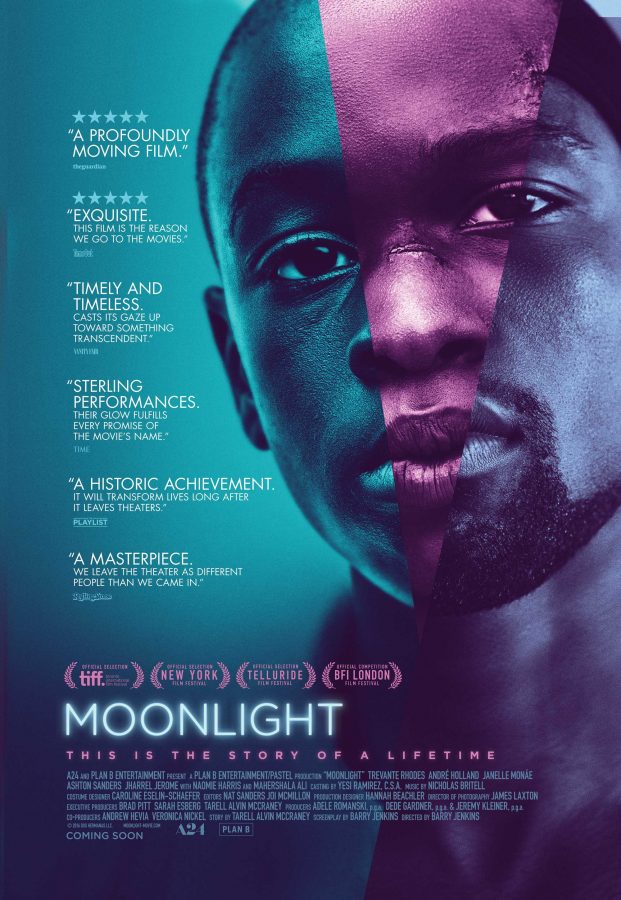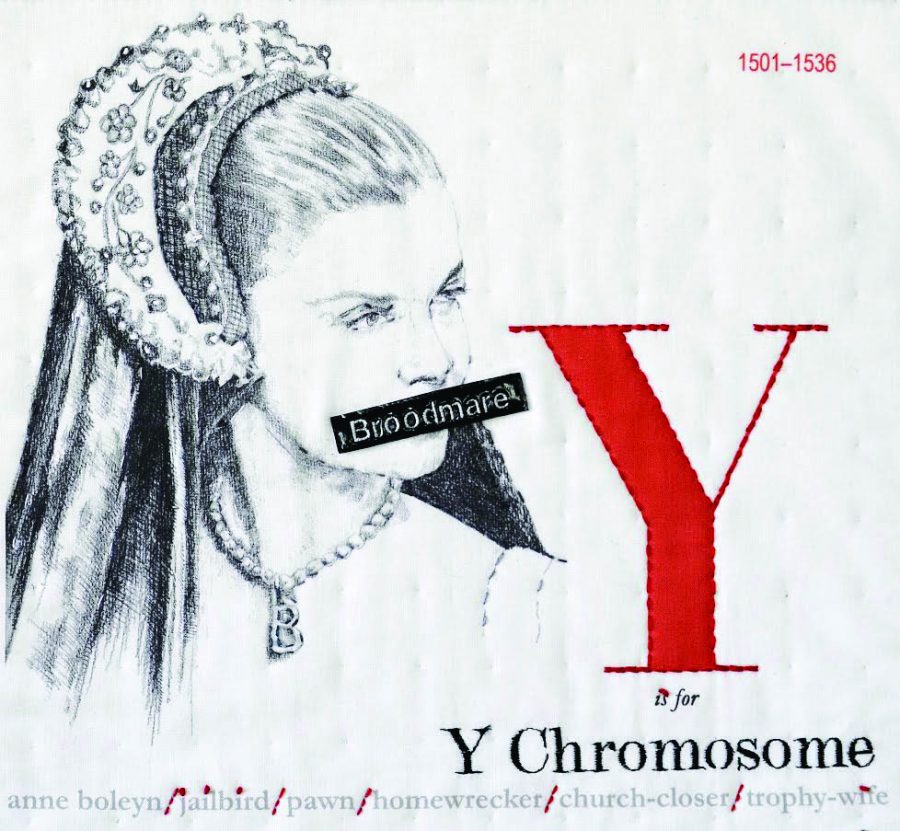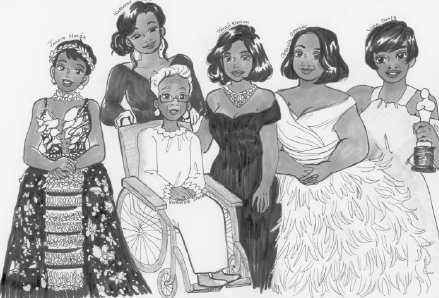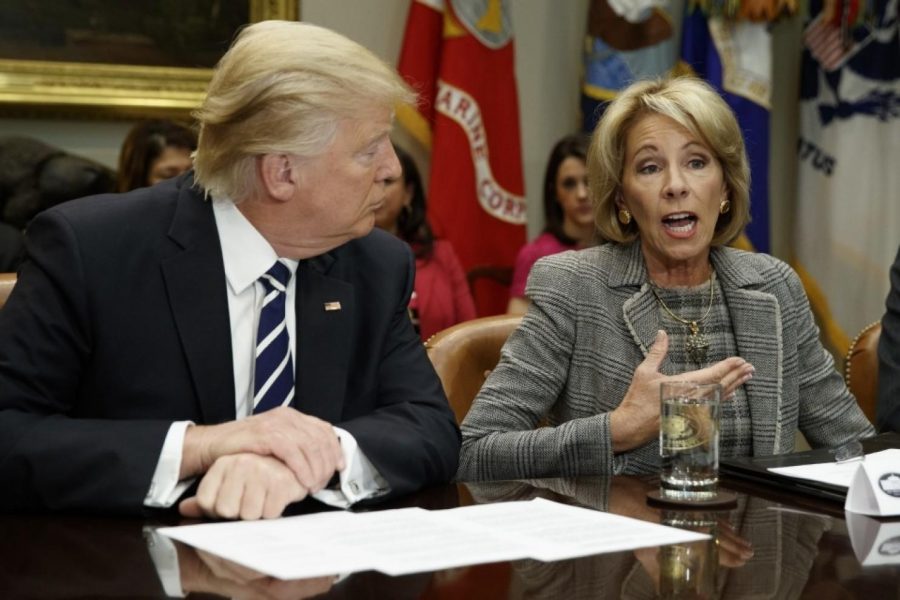By Alison Berstein
Staff Writer
“The handshake of the host affects the taste of the roast,” Ben Franklin once wrote.
“Let your handshake be a greater bond than any written contract,” behavioral scientist Steve Maraboli advocated.

Added football coach Mike O’Cain, “I don’t remember who came up with the handshake idea, but it was a great one.”
It is no secret that society likes handshakes. Cultures around the world have different customs when it comes to this genial gesture.
But what does your handshake say about you?
The handshake as we know it dates back to at least ancient Greece. While the exact origin is unknown, one popular theory states that extending an empty hand, instead of holding a weapon in that hand, denoted that someone was trustworthy.
UK-based website Psychologist World writes that observing the handshakes of world leaders can influence how people view those leaders.
“[P]ay attention to who looks the most confident and relaxed in the situation,” the magazine writes. “As a rule, standing on the left in photographs… can give a better impression than standing on the right, where you could appear submissive to your counterpart. It also enables you to get the upper hand of the handshake in the photograph.”
According to the article, pressure is a vital element of a handshake.
“[A] firm handshake (without crushing the other person’s hand) shows confidence and is preferable over a limp handshake, which can indicate to someone that you’re not interested in building rapport with them and want to escape the greeting ritual as soon as possible,” Psychologist World writes.
“Businesspeople, particularly the males of the species, often squeeze harder if they’re trying to clench a deal, show confidence over their counterpart or give a generally warm greeting,” it continues.
Peter Stevenson of the Washington Post recent wrote an article analyzing President Trump’s handshake habits.
Trump has been seen shaking hands and then quickly pulling the person attached to that hand toward him.
Regardless of whether this pulling motion is intentional, it does make an impact, Stevenson says.
“[I]t’s likely he’s very aware of all of the cameras watching him, and wants to appear to give a very firm handshake,” Stevenson writes.
“While it’s admittedly a small thing, little glimpses into Trump’s thinking can give us an idea of how he handles these situations,” he continues. “But let’s be honest—we already knew Trump likes to be in control.”
To help break down the science of handshakes, Stevenson spoke with William Chaplin, psychology professor at St. John’s University.
Chaplin said that how a person conducts a handshake—be it weak or firm—affects how someone else perceives them.
“I think all of those communications then influence how we interpret the other behaviors we see from that person as we continue to interact with them,” said Chaplin, head of St. John University’s Psychology Department.
He attested that many factors of the handshake come together to give off a general impression of the handshaker.
“We found that these characteristics all correlated positively with each other,” Chaplin began. “So somebody who completely grips the hand, which is one component, tends to also grip firmly, in the sense that they’re not just putting their hand there, but actively gripping—we found that those people tended to be more likely to look you in the eye, and that those people also tended to not just put the hand out there, but also actually shake it.
“And together, we called that our ‘firm handshake’ or our ‘good handshake composite,’” he said. “So there really are components that we could identify that led a handshake to make a better impression rather than a worse impression. It was usually all of those together that were important.”
This psychology can be enhanced in political situations, Chaplin suggested.
“I think there are certainly circumstances in politics… where the person doing the handshake really wants to make a particular impression, and they might try to modify their handshake to do that,” he said. “[T]hat situation tells us less about the person, and more about what the situation is that they’re in. And as a result, because they’re rehearsing and thinking about it, it’s not naturally about them.
“We certainly found that people who gave a weaker, less firm handshake had ratings that were much worse, and we found that it was correlated with various personality traits like shyness, and introversion and social anxiety,” he concluded. “So it’s not just that people are thinking about somebody, it actually seems related to some more negative characteristics that the person has. People with good handshakes tended to be more outgoing, more socially at ease, less socially anxious, not as shy and so on.”



















